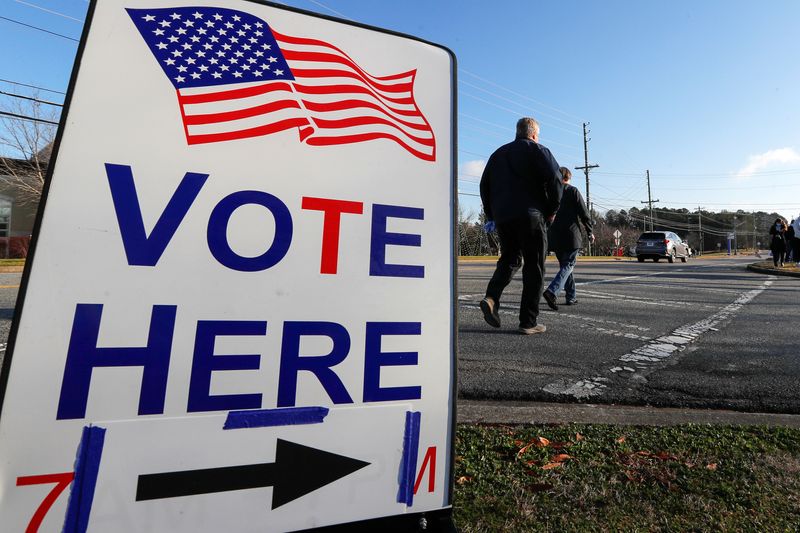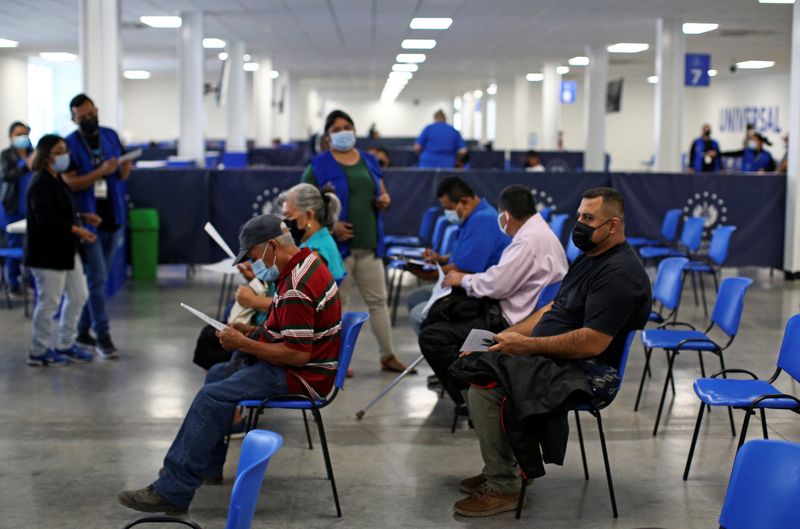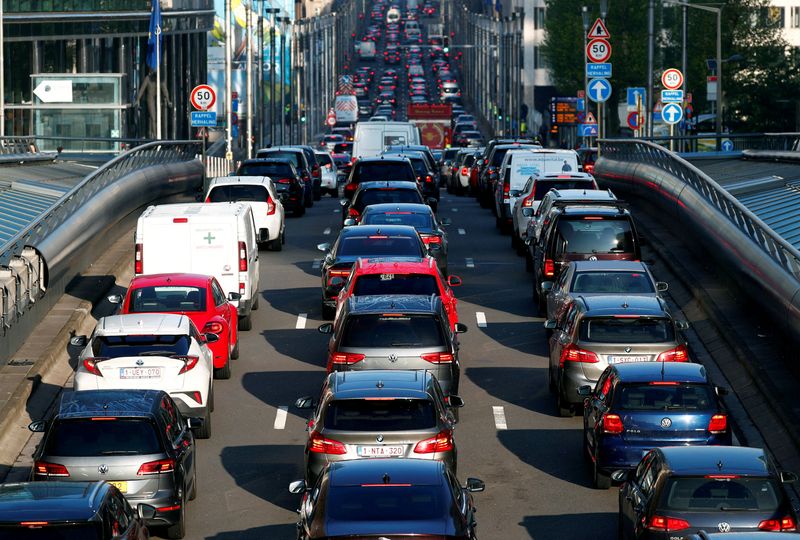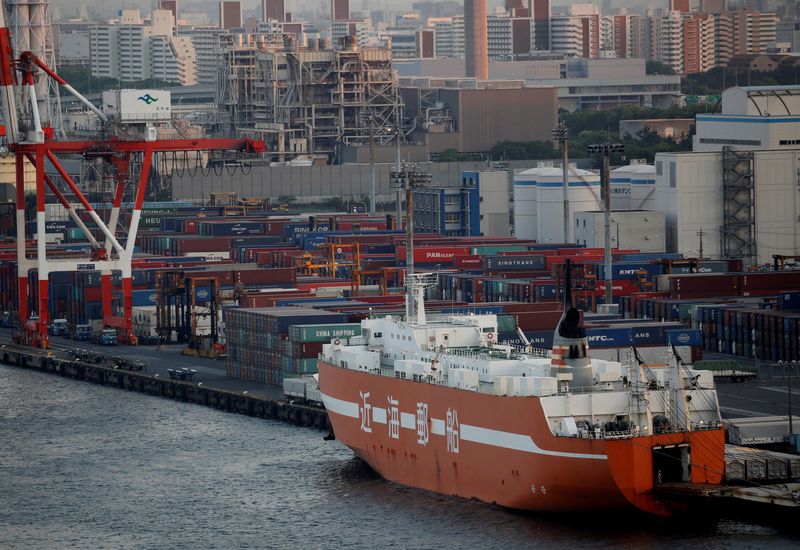By Joseph Ax
(Reuters) – Georgia’s legislature approved a bill expanding law enforcement’s power to investigate election fraud over the objections of voting rights groups, adding to a wave of Republican-backed legislation passed after former President Donald Trump’s false claims that the 2020 election was rigged.
The legislation passed late Monday would give the Georgia Bureau of Investigation (GBI), the state’s top investigative agency, the authority to initiate probes of election crimes. Under current law, the secretary of state’s office looks into allegations of irregularities and can ask the GBI for assistance as needed.
Trump has fiercely criticized Governor Brian Kemp and Secretary of State Brad Raffensperger, both fellow Republicans, for their refusal to overturn the results of the 2020 election, in which President Joe Biden became the first Democrat in nearly 30 years to win the state.
Raffensperger and state election officials have said there were no major problems with the election results after conducting multiple audits and investigations. Trump has endorsed Republican challengers to both Kemp and Raffensperger and held rallies with them in Georgia on March 26.
The legislation, which passed the state Senate along party lines, was significantly pared back from a version that earlier passed the state House of Representatives. That bill included several other provisions that were stripped out, including restricting nonprofit grant money to local elections officials and added ballot security measures.
The bill now goes to Kemp for either his signature or veto. A spokesperson for the governor did not comment on the bill specifically, saying only that he has 40 days to consider the legislation.
Voting rights groups and Democrats have pointed out that election fraud is extremely rare in the United States and argued that greater law enforcement involvement in elections could intimidate voters, particularly those of color.
The proposed state budget includes approximately $580,000 to fund four election investigators at the GBI.
“This year’s rushed process looks likely to cost Georgia taxpayers $580,000 a year – which will be spent chasing conspiracy theories,” Aunna Dennis, the executive director of Common Cause Georgia, a good government group, said in a statement.
The bill’s supporters have said it simply ensures that any allegations are fully investigated, which will improve public confidence in the results.
Republican lawmakers in Florida last month approved a measure creating a first-of-its-kind elections police force to investigate allegations of fraud.
Georgia and Florida last year passed sweeping voting restrictions, along with several other states controlled by Republicans.
(Reporting by Joseph Ax; editing by Jonathan Oatis)





















